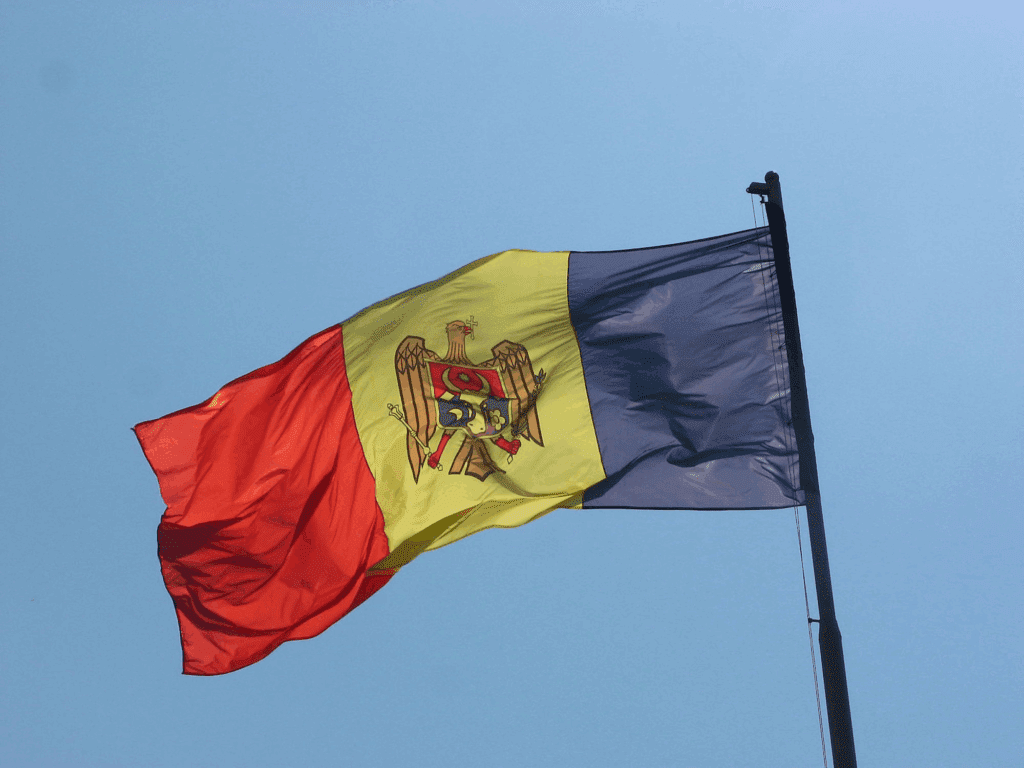As Moldova approaches its parliamentary elections on September 28, the country’s democracy faces severe threats from an escalating information war marked by sophisticated disinformation tactics. These tactics include deepfakes, anti-EU propaganda from religious newspapers, and misleading phone calls that propagate alarming narratives about potential EU-related threats.
Media researcher Victor Gotisan cites deep societal polarization and nostalgia for the Soviet era as key factors facilitating the spread of disinformation in Moldova. In the Transnistrian region, false narratives claim the elections won’t be fair, aiming to undermine confidence in pro-European parties and incite protests against them.
Moscow-backed parties have heightened societal divisions, distracting from external influences and framing the government as the source of illegitimate election practices. Disinformation also targets the Moldovan diaspora, which significantly impacts voting outcomes.
Moldovan President Maia Sandu accused the Kremlin of attempting to sway the diaspora using fake media outlets and social media networks. Investigative journalists revealed large-scale operations, including a “troll factory” flooding social platforms with anti-European content. TikTok noted it had removed significant numbers of spam and fake accounts linked to these activities.
Deepfakes and misleading polling disguised as opinion surveys have also emerged as alarming tools of manipulation by conveying sensationalized claims about economic and social changes resulting from EU integration.
In response, the Moldovan government has set up new bodies to counter disinformation and increased monitoring of social media. Legislative amendments have sought to align with EU standards on disinformation, although enforcement has lagged. Independent media outlets, such as StopFals, play a crucial role in combatting misinformation, despite facing cyberattacks and smear campaigns.
Experts emphasize the need for innovation and collaboration in media strategies to effectively counter disinformation and foster societal unity. The situation highlights the urgent need for heightened vigilance and critical media consumption among the Moldovan populace.



